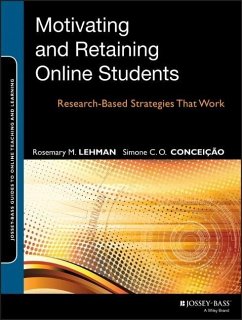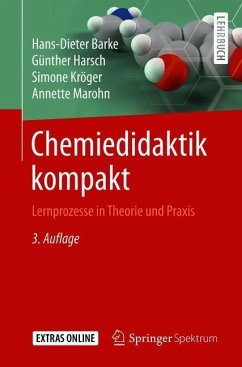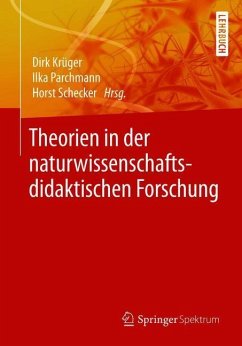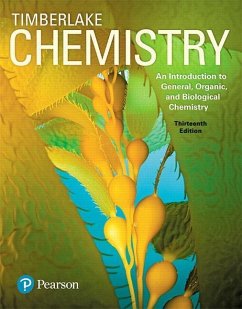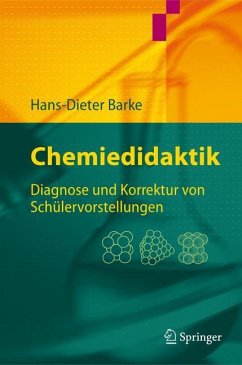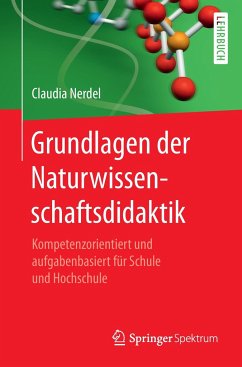
Chemistry Education
Versandkostenfrei!
Versandfertig in 2-4 Wochen
203,99 €
inkl. MwSt.
Weitere Ausgaben:

PAYBACK Punkte
102 °P sammeln!
This comprehensive collection of top-level contributions provides a thorough review of the vibrant field of chemistry education. Highly-experienced chemistry professors and chemistry education experts at universities all over the world cover the latest developments in chemistry learning and teaching, as well as the pivotal role of chemistry for shaping the future world.Adopting a practice-oriented approach, they offer a critical view of the current challenges and opportunities of chemistry education, highlighting the pitfalls that can occur, sometimes unconsciously, in teaching chemistry and h...
This comprehensive collection of top-level contributions provides a thorough review of the vibrant field of chemistry education. Highly-experienced chemistry professors and chemistry education experts at universities all over the world cover the latest developments in chemistry learning and teaching, as well as the pivotal role of chemistry for shaping the future world.
Adopting a practice-oriented approach, they offer a critical view of the current challenges and opportunities of chemistry education, highlighting the pitfalls that can occur, sometimes unconsciously, in teaching chemistry and how to circumvent them. The main topics discussed include the role of technology, best practices, science visualization, and project-based education.
Hands-on tips on how to optimally implement novel methods of teaching chemistry at university and high-school level make this is a useful resource for professors with no formal training in didactics as well as for secondary school teachers.
Adopting a practice-oriented approach, they offer a critical view of the current challenges and opportunities of chemistry education, highlighting the pitfalls that can occur, sometimes unconsciously, in teaching chemistry and how to circumvent them. The main topics discussed include the role of technology, best practices, science visualization, and project-based education.
Hands-on tips on how to optimally implement novel methods of teaching chemistry at university and high-school level make this is a useful resource for professors with no formal training in didactics as well as for secondary school teachers.
Dieser Artikel kann nur an eine deutsche Lieferadresse ausgeliefert werden.




